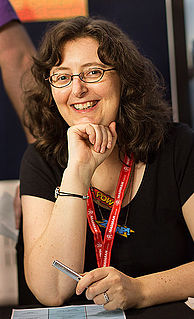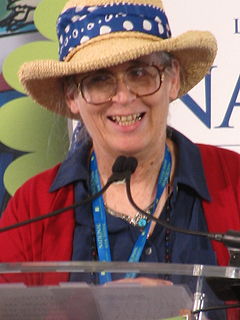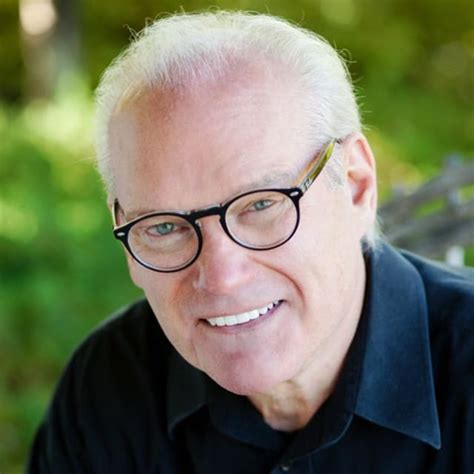Top 1200 Realistic Fiction Quotes & Sayings - Page 6
Explore popular Realistic Fiction quotes.
Last updated on December 23, 2024.
I guess...on one hand, I spent way too much time watching science fiction and reading science fiction when I was growing up. But a part of it is I also never felt much of a connection to the world in which I lived while I was growing up, and so, oddly enough, I think I felt a lot more connected to the worlds that I read about in science fiction.
"Hard" science fiction probes alternative possible futures by means of reasoned extrapolations in much the same way that good historical fiction reconstructs the probable past. Even far-out fantasy can present a significant test of human values exposed to a new environment. Deriving its most cogent ideas from the tension between permanence and change, science fiction combines the diversions of novelty with its pertinent kind of realism.
For me, it's a way to find a fiction within a fiction. To find a way to uncover that blunder within the "lie," because when you look closer, every "lie" - and I say that with quotation marks - can be much more complicated. Because that is what fiction is: it's probably the least important thing in the world. It's rich, but it is put-on, it passes the time. It borrows from the world, but it does not invent it.
When I taught at the University of Houston in the Creative Writing program we required the poets to take workshops in fiction writing and we required the fiction writers to take workshops in poetry. And the reason for that is because the fiction writers seemed to need to learn how to pay greater attention to language itself, to the way that language works.
However, if one has been playing the buy-and-hold game with quality securities, one has been exposed to a substantial amount of market risk because the valuations placed on these securities have implied overly rosy scenarios prone to popular revision in times of more realistic expectation. This is one of those times, but it is my feeling that the revisions have not been severe enough, the expectations not yet realistic enough. Hence, the world's best companies largely remain overpriced in the marketplace.


























































